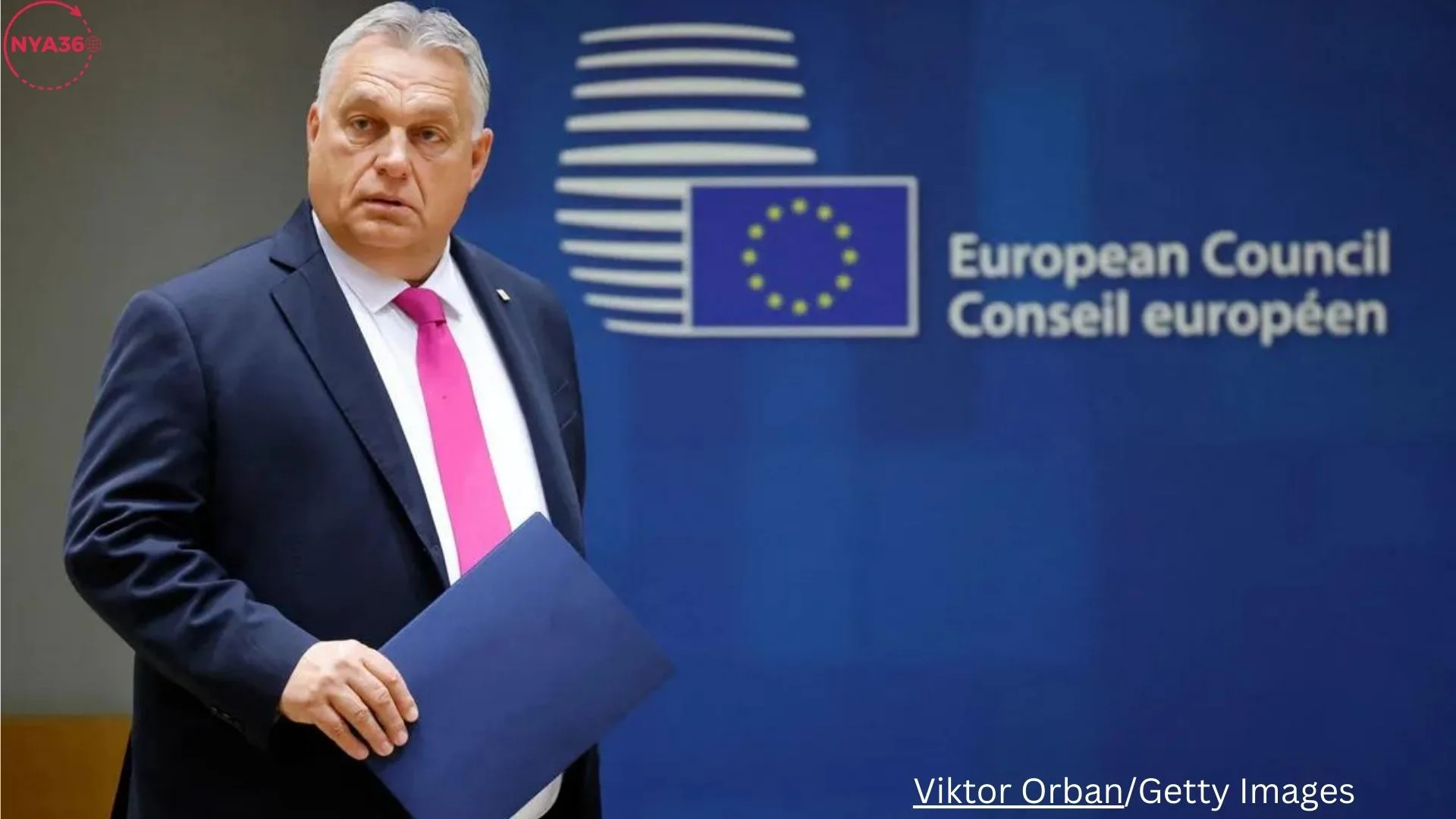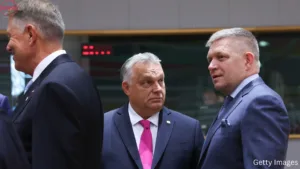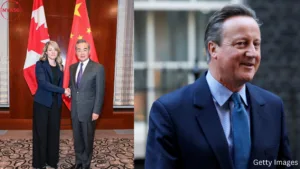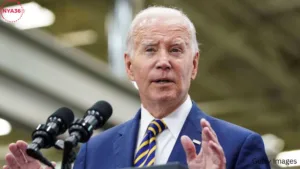The European Union (EU) has indicated its intention to apply economic pressure on Hungary, allegedly in response to its position on the ongoing situation in Ukraine. This development highlights the complicated nature of international relations. The communication to Hungarian Prime Minister Viktor Orban seems unequivocal: conform to the European Union’s stance on Ukraine or encounter the economic consequences. This action has sparked a diplomatic conflict that prompts inquiries about the intricate equilibrium between national autonomy and alignment with regional alliances.
The diplomatic friction between Hungary and the EU arises from their divergent viewpoints on the situation in Ukraine. The European Union has expressed strong support for Ukraine, especially in response to geopolitical issues and the conflict in the eastern region of the nation. Nevertheless, Hungary has adopted a more subtle position, causing apprehension inside the European Union regarding the unity of its member nations in dealing with crucial global matters.

The EU’s utilization of economic measures as a method of exerting influence highlights the bloc’s dedication to presenting a unified stance on globally significant issues. The European Union has previously employed economic penalties as an effective diplomatic instrument to tackle a wide range of problems, including human rights abuses and territorial conflicts. In Hungary, it is evident that adhering to the European Union’s position on Ukraine is essential for preserving the economic advantages associated with EU membership.
The economic coercion being applied to Hungary gives rise to ethical and diplomatic deliberations. Although the EU highlights the significance of maintaining a cohesive stance, detractors contend that this strategy could potentially encroach upon the ideals of national sovereignty and autonomy. The nations within the European Union, while united by a common dedication to specific principles, are distinct entities with individual historical, cultural, and geopolitical factors to consider.
Prime Minister Viktor Orban, renowned for his assertive leadership approach and unwavering dedication to Hungarian autonomy, currently confronts a precarious task of maintaining equilibrium. Hungary’s economic prosperity is closely tied to its participation in the European Union. The country’s ability to negotiate diplomatic challenges while staying true to its beliefs is crucial for maintaining this well-being. Can Hungary effectively assert its national interests while yet maintaining a cooperative partnership with the European Union?
Given the increasing economic strain, it is crucial to carefully analyze the potential consequences for Hungary’s economy. The EU has a substantial capacity to shape Hungary’s economic environment due to the interdependent character of the European market. The EU can employ trade agreements, financial assistance, and access to vital resources as potential leverage to compel Hungary to align its stance with the wider EU consensus on Ukraine.

Nevertheless, the implementation of economic penalties carries both positive and negative consequences. While it can be utilized as a means to ensure diplomatic compliance, it also runs the risk of isolating a member state and promoting internal disagreement. The intricate interplay between the European Union and Hungary is expected to significantly influence the dynamics of the European political scene in the upcoming months.
The EU’s utilization of economic pressure prompts inquiries on the impact of regional blocs on the foreign policies of their constituent states. Although unity is commonly regarded as a source of strength, the EU has obstacles in upholding its democratic principles due to the possibility of coercion and the suppression of dissent within the bloc.
Given the evolving circumstances, it is imperative for both Hungary and the European Union to actively participate in transparent discourse and diplomatic deliberations. Ensuring consensus on the matter of Ukraine while acknowledging Hungary’s distinct perspectives is crucial for preserving the unity of the European Union. The diplomatic conflict highlights the continuous development of the EU’s influence in molding the foreign policy of its member states and the difficult equilibrium between unity and national independence.

To summarize, the European Union’s strategy to use economic leverage on Hungary about its position on Ukraine underscores the intricate interaction between national autonomy and alignment within regional alliances. The diplomatic conflict between Hungary and the EU highlights the difficulties of upholding cohesion while acknowledging the varied viewpoints and interests of member states. The uncertain future trajectory of Hungary’s relationship with the EU and the broader ramifications for regional diplomacy are unfolding as economic pressure mounts. Effective diplomatic diplomacy and a steadfast dedication to open dialogue will be key in successfully navigating this intricate and sensitive situation.
Follow us on social media: Instagram, Threads & Twitter X @nya360_ YouTube & Facebook @nya360.





